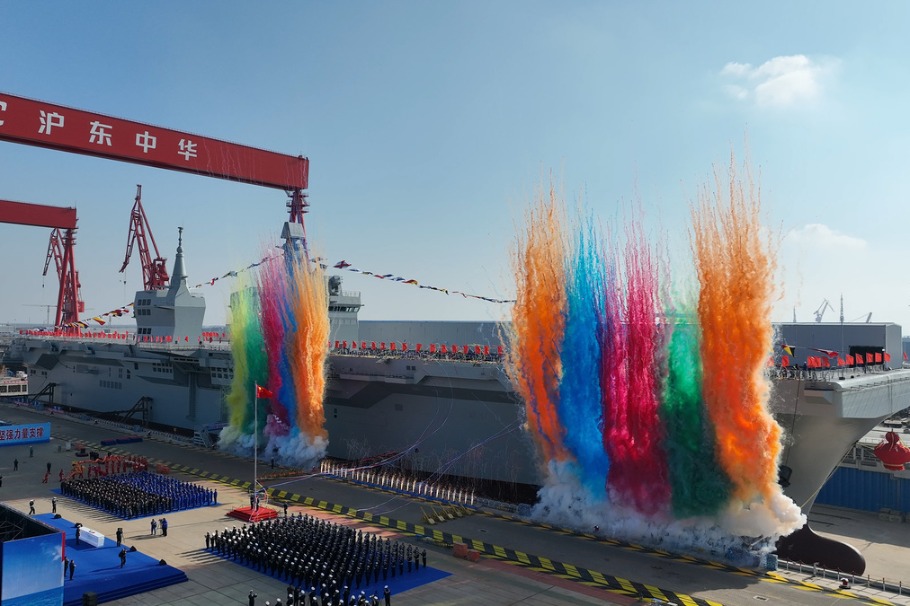Desperate bid for power and a dangerous threat to ROK's democracy

Martial law gambit shames ROK's fragile democracy
President Yoon Suk-yeol's decision on Tuesday to impose martial law has stirred controversy and raised concerns about the ROK's democratic stability. The move, widely seen as a case of Yoon overstepping his presidential powers, has drawn parallels with the actions of former authoritarian regimes, particularly that of Chun Doo-hwan, who declared martial law in the 1970s. In a democratic society like that of the ROK, such a drastic step is alarming, as it breaches constitutional limits and risks undermining public trust in the government.
Critics argue that Yoon's imposition of martial law lacked any real urgency and was instead a politically motivated attempt to break the deadlock in his administration. The move has been described as a reckless attempt at retaining control, and had major economic repercussions. As a result of his destabilizing move, the ROK won has plunged to its lowest level against the US dollar in over two years. International and domestic reactions have been swift, with widespread condemnation across social media and traditional news outlets, further tarnishing Yoon's reputation.
Additionally, the martial law order has sparked fears about civil liberties. Many ROK citizens are concerned that it may set a dangerous precedent, enabling the president to sidestep democratic checks and balances during future crises. In terms of governance, this act shows a disturbing lack of political maturity, as it violates the democratic principles that the ROK has strived to uphold since the 1980s. Furthermore, imposing martial law did little to resolve the country's political divisions; instead it exacerbated tensions, both within the government and among the public.
Yoon's handling of the situation has exposed vulnerabilities in the ROK's political system. Critics said the country's democracy is fragile and that its international standing has been compromised. Fallout from this decision may well shape the ROK's political trajectory in the coming years, leaving the public to question the future of democratic governance in the country.
Liu Yueqiao, an associate research fellow at the Center for Northeast Asian Studies, Jilin Academy of Social Sciences. The views don't necessarily reflect those of China Daily.


































